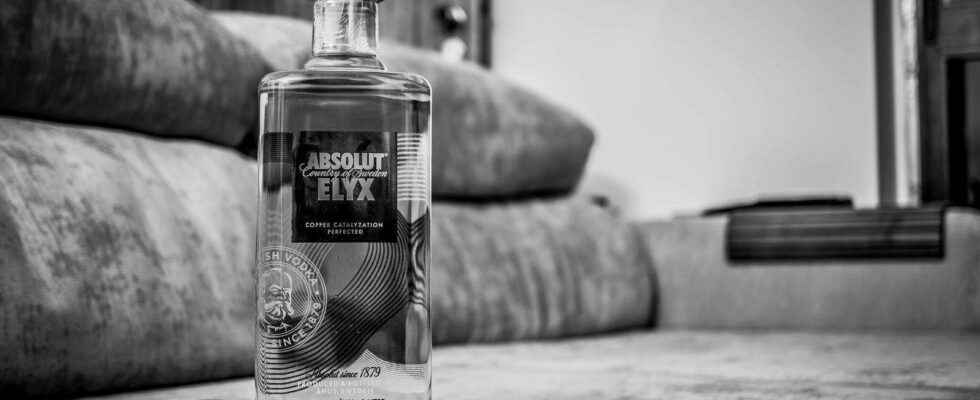(AOF) – As part of its share buyback program announced on September 1, 2022 (€500 million to €750 million communicated for the 2022/2023 financial year), Pernod Ricard has signed with a investment services a contract for the acquisition of its own shares, for a maximum amount of 150 million euros over a period beginning on October 31 and possibly extending until November 22, 2022.
The price of the shares purchased under this mandate may not exceed the limit of 280 euros per share set by the General Meeting of Pernod Ricard on November 10, 2021.
AOF – LEARN MORE
Key points
– World number 2, behind Diageo, in wines and spirits, born in 1975 from the merger between Pernod, founded in 1805, and Ricard, in 1932;
– Activity of 10.7 billion euros, balanced between Europe (29% of sales), the 2 Americas (29%) and Asia (41%) and provided 63% by the 13 international strategic brands, 18% by local strategic brands, 6% by specialty brands and 5% by strategic wines;
– Business model based on a decentralized organization between the head office, 6 brand companies -The Absolut Company, Chivas Borthers, Martell-Mumm-Perrier-Jouët, Irish Distillers, Havana Club International, Pernod Ricard Winemakers- and 5 market companies in support of international and local brands;
– Capital held at 14.01% (+20% of voting rights) by the founding family, ahead of employees (1.4%), Alexandre Ricard, CEO, chairing the 14-member board;
– Very healthy financial structure, with activity generating cash flow of €1.8 billion, with net debt of €8.7 billion, i.e. a net debt/EBITDA ratio of 2.4 as of June 30, 2022.
Challenges
– “Transform & Accelerate” strategic plan with 4 accelerators -dedicated positioning for each brand, premium and luxury services, innovation and digital acceleration;
– A mission to cultivate the magic of human relationships by “preserving to share” with the ambition of driving and influencing the industry via a growth model based on digital and artificial intelligence the “conviviality platform”: collection and analysis data at the service of supply, in each market for the “right product at the right time, for the right consumer and at the right price”;
– Environmental strategy “S&R roadmap 2030” in 4 pillars: circular production with 50% reduction in CO2 emissions by 2030; 100% renewable electricity on production sites and 100% recyclable or compostable packaging by 2025 / preservation of the land through regenerative agriculture programs, support for + 10,000 farmers and through projects to maintain the biodiversity and water reuse / human enhancement with 0 gender pay gap achieved in 2022; responsible consumption, more than 134 million people reached by the “drink more… water” campaign.
– Segment not very dependent on household consumption, hence the rise in mature countries with strong positions in white spirits, rums and aniseeds (Ricard, No. 1 worldwide), whiskeys and liqueurs (No. 2) , cognacs, brandies and bitters (no. 3);
– Strong pricing power giving visibility to profits and preservation of margins.
Challenges
– Strong seasonality: 2/3 of the activity achieved in the first half (July-December), 1/4 in December and sensitivity of profits to sales in Asia and the Americas;
– Russia-Ukraine war: stoppage of exports to Russia;
– Record financial year in 2021-22 with more than €10 billion in revenue;
– Rapid implementation of the digital transformation and good competitive advantages to achieve the medium-term objectives 2023-2025
– 2021-2022 dividend of €4.12 (+32%) and share buyback program of €500 to 750 million over 2022-2023
Find out more about the Agrifood sector /
Development of the Chinese dairy industry
The Chinese government encourages the consumption of dairy products to improve the nutrition and immune defenses of the population, while seeking to reduce the country’s dependence on imports. Wishing to turn the page on the melamine infant milk scandal, which affected 300,000 babies in 2008, milk production is picking up again in the country, after ten years of stagnation. The big industrial groups (Mengniu, Yili, Youran or Modern Dairy) do not export and concentrate on a domestic market, which is growing by 4 to 5% per year. They develop very large farms and rely heavily on innovation, investing four times more than all their competitors in the world.
